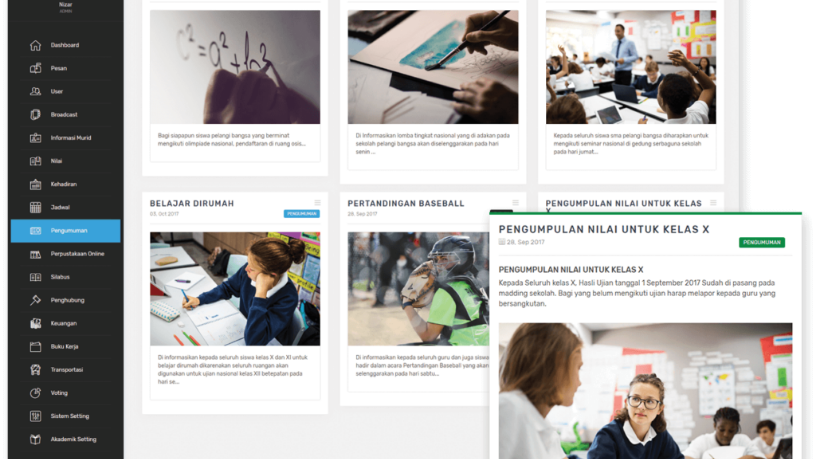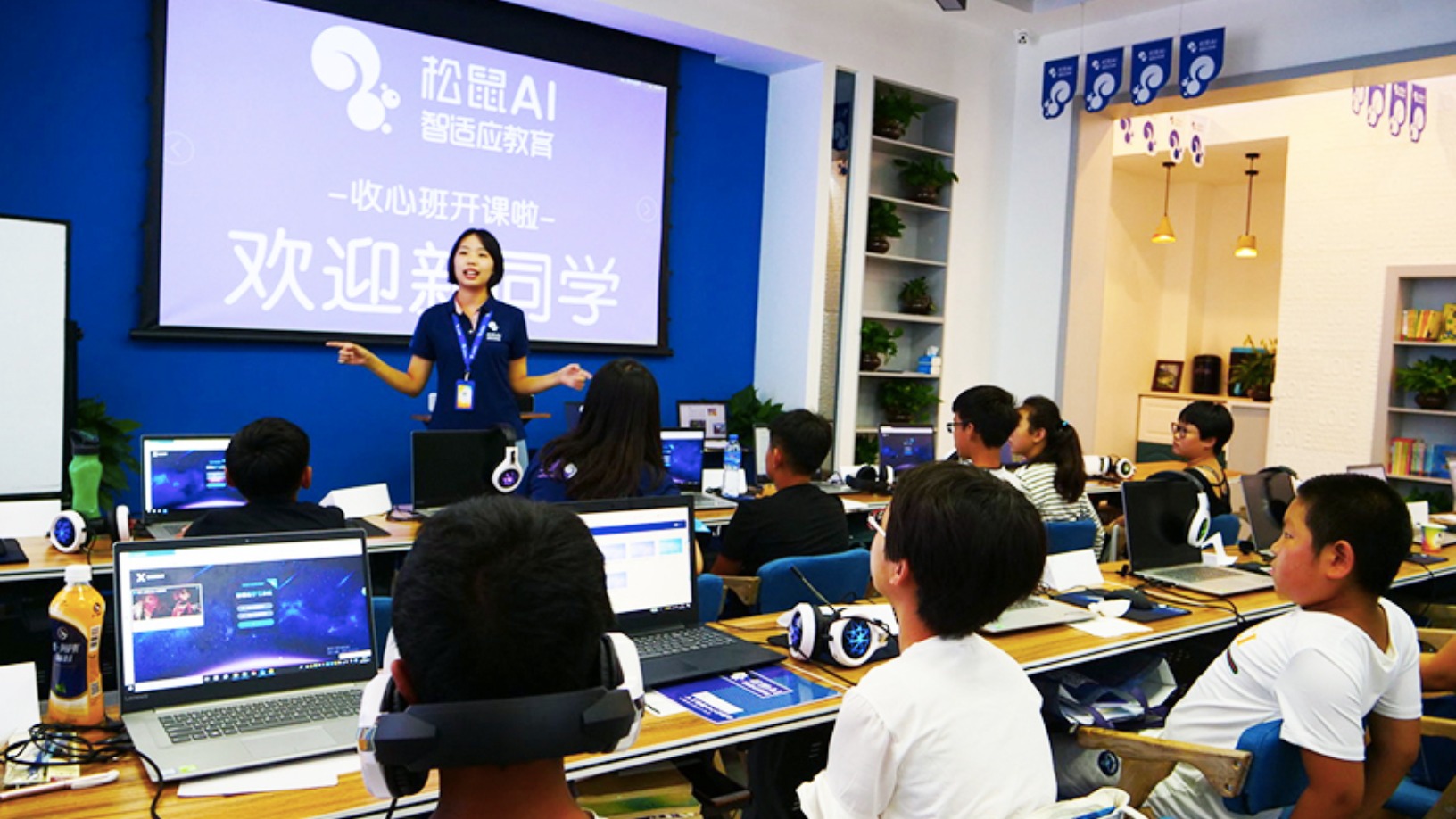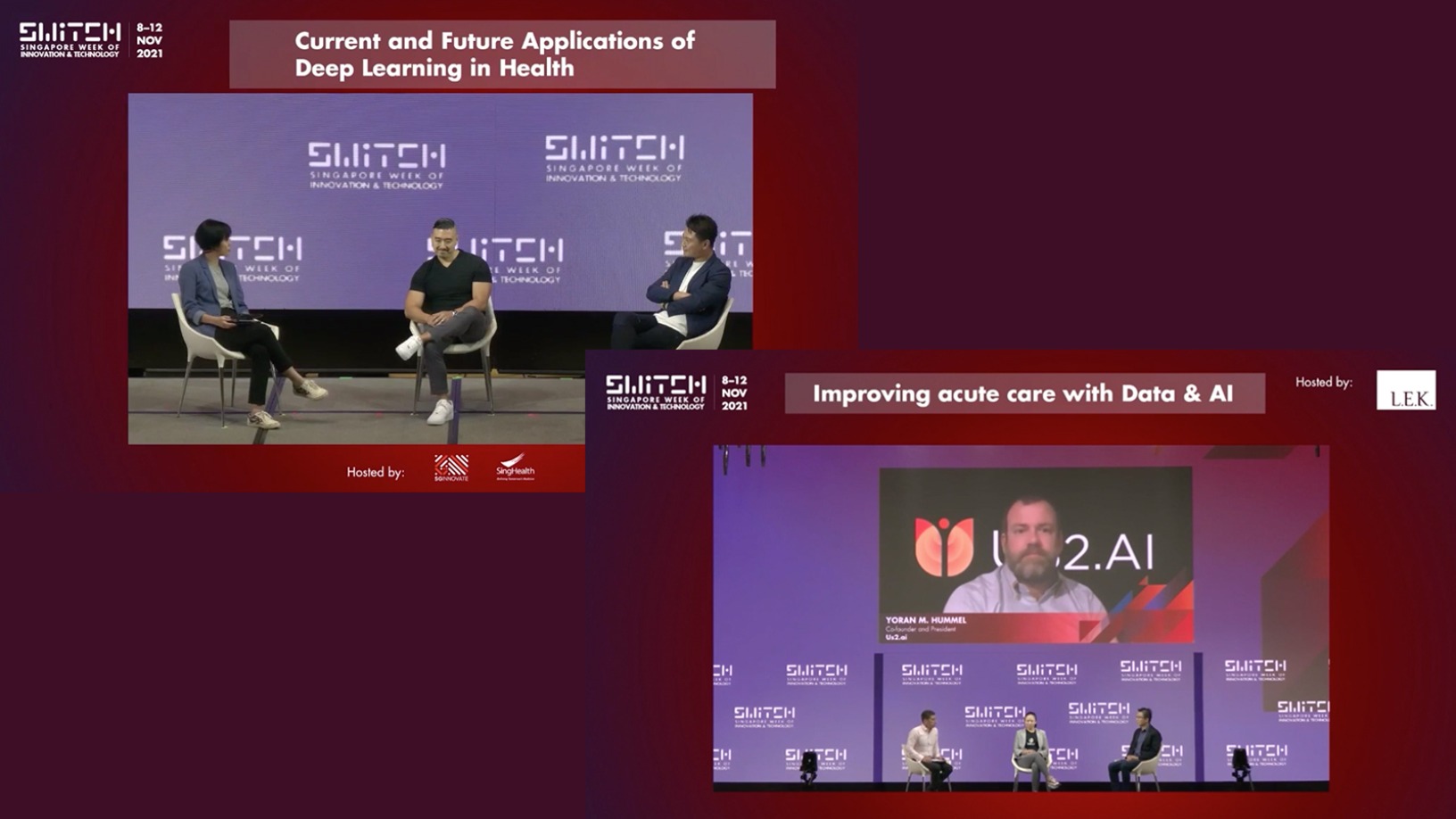With schools in Indonesia closed and exams canceled until further notice due to the Covid-19 pandemic, WeKiddo is helping thousands of teachers to deliver study-from-home lessons and support to students and parents in real time.
Founded only in 2019, the Jakarta-based edtech is also busy developing new software to support its bid to manage this year's Indonesian National Examination, known locally as Ujian Nasional (UN). The mobile telecom startup hopes to persuade the education authorities that exams can be effectively managed through digital platforms.
“We are officially working together with the education authorities to ensure that every vocational studies school in the Jakarta area uses WeKiddo,” CEO and co-founder Ferry Irawan tells CompassList. The edtech is also in talks with the governors of two provinces Jakarta and Riau.
Although several vocational and senior high schools have already completed the UN 2020 exam in late March to early April, the Education Ministry has now officially canceled the exams for all Indonesian schools until further notice. Many schools are running study-from-home programs until June, giving WeKiddo a couple more months to present its case to the education authorities.
“We have approached the government to offer our help to find a solution to be used for schools,” says Irawan. The challenge is to scale as quickly as possible by promoting the app to millions of students who will need to use digital learning tools like WeKiddo for an unspecified time period because of the coronavirus pandemic.
Currently, the government is still planning to run the exams later this year or early next year at the latest. But it seems increasingly likely that the National Exam would not be held this year. As an alternative, many schools have already suggested that they could calculate the UN 2020 grades by using the students' final school exam grades, or an accumulation of each student's grades for the last five semesters.
Targets 1,000 schools
Since the launch of the WeKiddo app in August 2019, the edtech startup has swiftly increased its initial enrolment of about 2,200 users at nine partner schools to over 102,000 users at over 240 schools across Indonesia including Jakarta, Pekanbaru, Tanjungpinang, Dumai, Bogor and Batam. WeKiddo Digital Indonesia has launched a nationwide brand awareness campaign to reach its milestone of 1,000 schools by the end of 2020.
“What we are doing now is to distribute our user's manuals and provide online support to those who have questions,” says Irawan. The services are currently 100% free of charge to boost enrolments and partnerships with local schools. But WeKiddo will eventually need to monetize by adopting a freemium business model, he adds. The free-to-use app will also offer new features for “premium” users. The app is aimed at elementary schools for children aged 6–7 up to senior high-school students aged 17–18, as well as students at vocational colleges.
Irawan and co-founders William Nover (CTO), William Chandra (COO) and Jani (CMO) met as students at the Binus university in Jakarta. They all joined the university's “3+1” program that introduces students to successful startups and business managers over a period of two semesters. “We all happened to pick the same company to study during the internship work experience,” recalls Irawan. “And once we were there, the director gave us a direct challenge to identify a problem in society and to find the solution.”
As relatively young students themselves, the four friends quickly identified the lack of parental involvement in the education of children as a social issue in need of urgent attention. They quickly came up with digital solutions to address the key problems faced by parents and schools.
First to be included in the mobile app was the “Attendance” feature to enable parents to keep an eye on their children's class attendance in real time. Parents can use the “Permission” function to inform the school staff as soon as possible if their children are unable to attend classes. The “Assignments” and “Score” features help parents to keep track of homework to be completed and real-time progress updates. Schools can also use the app to send out announcements and requests for parental authorization of special activities directly to the parents.
Challenges of online examinations
Edtechs and education providers worldwide have been running various forms of online exams and coursework assessments for many years. Major challenges still being faced by many education institutions include the verification and validation of students' own work being tested and submitted online at approved exam centers.
The coronavirus pandemic has opened up a “window of opportunity” for edtechs to develop better online exam solutions and cyber security systems to overcome the barriers that have restricted the expansion of online assessments. WeKiddo, for example, is tightening up a few programming issues and making some changes, particularly for the “Exam” and “Assignments” app features that are currently the most frequently used during the Covid-19 home education period. The “Exam” feature for running exams online is the most crucial and challenging area to be addressed by WeKiddo in its proposal to manage Indonesia's UN 2020 public exam online.
The sheer scale of building the infrastructure needed to computerize the Indonesian National Examination is a mammoth challenge indeed. Besides traditional high schools, the UN 2020 is also available to over 729,760 vocational students in 28 provinces. About half of the vocational colleges were reported to have completed the public exam before the unexpected closure of the schools due to the coronavirus pandemic.
In March 2020, the Ministry of Education and Culture revealed that it will carry out the Computer-Based National Examination (UNBK). A total 105,743 local schools were registered for the UN 2020, with 98,293 schools earmarked for the proposed UNBK. So far, only seven provinces in Indonesia are fully equipped for running UNBK. About 7,450 schools are still conducting Paper and Pencil-based National Examinations (UNKP) due to inadequate computer facilities in many local schools. It would take over 2 years for the government to install computer equipment in these schools, including junior high schools and elementary schools.
Rise of mobile-centric platforms
WeKiddo's digital solutions for schools only require access to smartphones, solving the problem of supplying computers to local schools and households. The smartphone-ready model enables many Indonesians to connect digitally to access real-time data and resources without using computers or laptops. Many families can also afford to buy smartphones for their children, instead of expensive laptops.
The decision to be mobile-centric from the very beginning was due to the co-founders' belief that mobile devices will one day overtake desktop devices in overall quality and accessibility. Operating exclusively on mobile devices like smartphones and tablets, WeKiddo's interface is also easily adopted by many users who are already familiar with using smartphones.
The focus on parental usage is another plus over rival edtechs offering similar services. Parental involvement is a priority for WeKiddo in comparison to similar local apps, says CTO Nover. Although the surveillance-like ability may not be the most comfortable for the students themselves, WeKiddo's research has found that parents are eager to be more involved in their children's education. “But they just don't have the tools and means to do so. What we want to do is provide a solution by creating this ecosystem where parents are connected with their children and the educators.”
Current users and partners have so far been more than satisfied with the results. Agus Purwanta, principal of an SMKN vocational school in Tangerang, told CompassList that the app has helped them tremendously during the pandemic – particularly in minimizing communication delays between students and teachers. “When our teachers give them a task, the students receive that information directly. The same thing with deadlines, the students will collect school work at the exact hour the teacher tells them to.” For schools during these challenging times, that is one achievement worth applauding.
Besides scaling to boost enrolments and preparing a viable proposal for the online management of the national exam UN 2020, the edtech is also surveying the tech ecosystem for suitable investors to fund future expansion. So far, WeKiddo is self-funded and has not specifically spoken to investors. “At some point in the future, we'll be looking for investors who can provide access and expand our reach in relevant sectors,” says Irawan.











